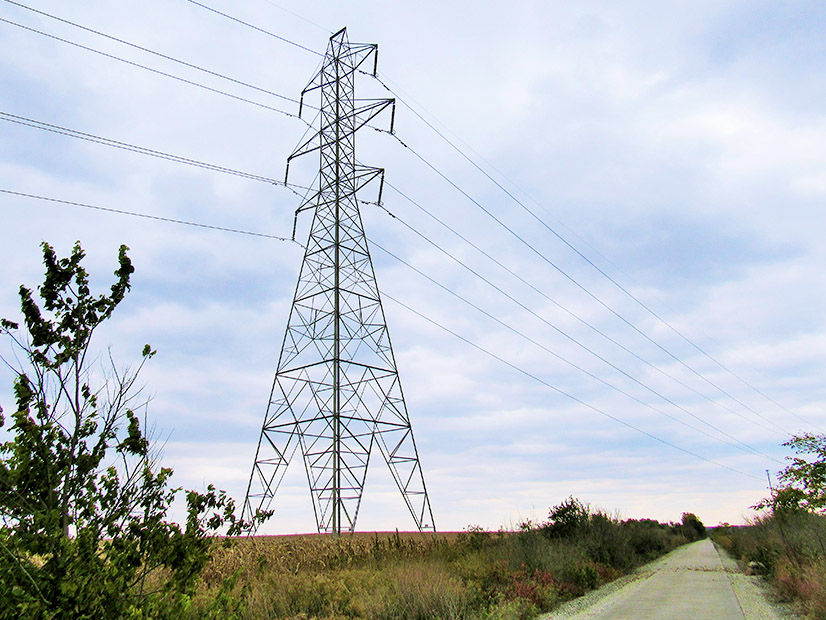FERC last week said a MISO transmission owner cannot duck refunds stemming from the commission’s recent decision to implement a 10.02% return on equity (ROE) for the grid operator’s other TOs.
In a Dec. 1 order accepting the TOs’ compliance filing for MISO’s new ROE, the commission said Mississippi’s Cooperative Energy cannot evade its refund obligation by shortening its refund period (ER17-215).
MISO’s ROE has been a carousel of numbers for years. FERC in 2020 enacted a 10.02% ROE for transmission rates effective September 2016, superseding the 9.88% and 10.32% ROEs approved in 2019 and 2016, respectively. Those figures were intended at different times to replace the 12.38% ROE established in 2002, which FERC deemed excessive years ago. (See FERC Stands by 10.02% ROE.)
The TOs’ compliance filings in question date back to 2016, reflecting the 10.32% ROE. FERC accepted them and ordered them updated to the TO’s current ROE of 10.02%, including incentives not to exceed 12.62%.
But the docket’s bigger point of contention came from Cooperative Energy, which argued that it shouldn’t have to provide refunds for the full refund period FERC prescribed.
FERC ultimately ordered TOs to refund customers for the 12.38% ROE from Nov. 13, 2013-Feb. 11, 2015, and Sept. 28, 2016-Dec. 23, 2020. (See MISO, TOs: More Time Needed for ROE Refunds.)
Cooperative Energy argued that it wasn’t obligated to issue refunds until mid-2015. That’s the date it began receiving a 50-basis point adder for its participation in MISO, despite it having been a non-public utility TO in MISO and using the MISO ROE since December 2013.
Other MISO TOs bristled at Cooperative’s interpretation of refund periods, leading them to register a limited protest of their own compliance filing.
FERC pointed out that Cooperative’s RTO adder was conditioned on its agreement to provide ROE refunds should the commission lower the rate. FERC said the TO should use its 2013 entrance into MISO as its effective refund date.
The commission found Cooperative’s arguments that forcing more refunds would amount to retroactive ratemaking to be baseless.




